
Shantham
Velayudhan is a young man living in a place torn apart by civil strife. In the midst of a raging street war, he kills his best friend. Velayudhan feels guilty and disturbed. The political enemies also plot revenge on Velayudhan.

Velayudhan is a young man living in a place torn apart by civil strife. In the midst of a raging street war, he kills his best friend. Velayudhan feels guilty and disturbed. The political enemies also plot revenge on Velayudhan.
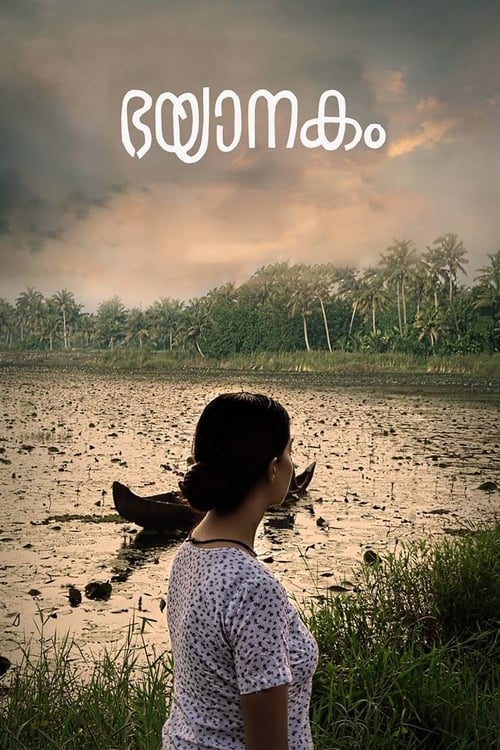
A First World War veteran reaches a backwater village in Kuttanand, India as a Postman. He delivers money orders and letters to the family of soldiers, becoming a symbol of happiness. But everything turns upside down, as the Second World War begins.

Veeram is based on the ballads of North Malabar and narrates the tale of the brave and ambitious Kalarippayattu warrior, Chandu, whose story resembles that of William Shakespeare's Macbeth.
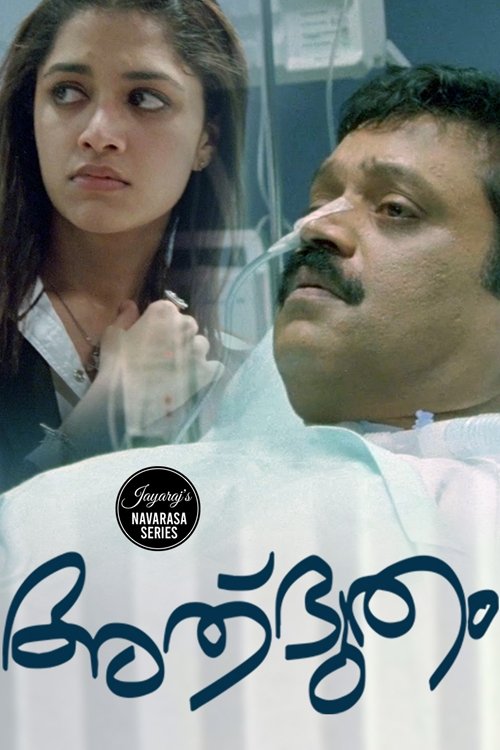
Inspired by the first case of euthanasia in Oregon, Adbutham revolves around Chandrashekara Warrier, a Malayali man living in the US, who, after a debilitating accident, approaches the court for physician-assisted suicide and is granted approval for the same. Adbutham follows the final hours of Warrier.
Karunam movie revolves around Chackochan and Chechamma who are an elderly couple living on a plantation in southern India awaiting a visit from their son and his family, who now live in the USA.
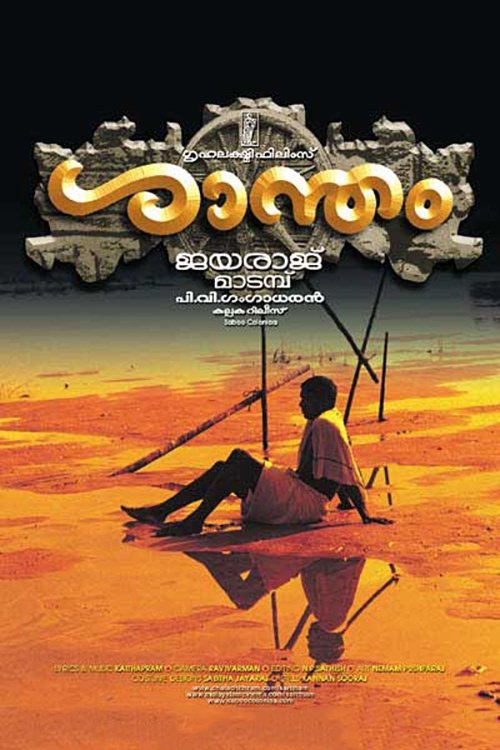
Velayudhan is a young man living in a place torn apart by civil strife. In the midst of a raging street war, he kills his best friend. Velayudhan feels guilty and disturbed. The political enemies also plot revenge on Velayudhan.
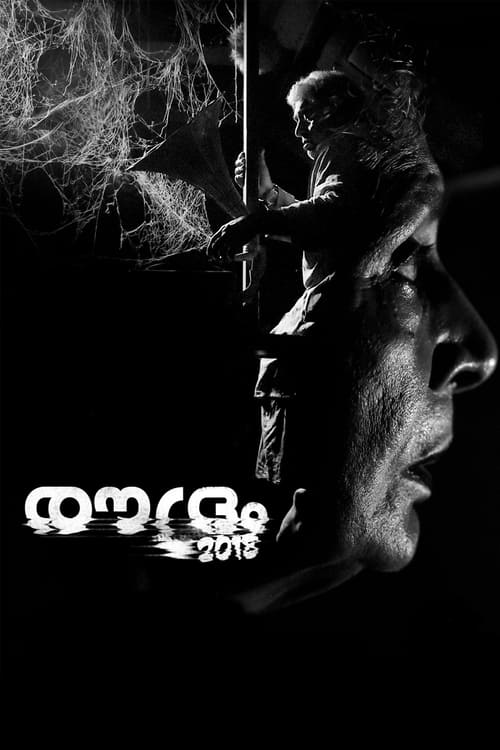
Based on real-life incidents that occurred in central Travancore during the devastating floods that Kerala survived in 2018.
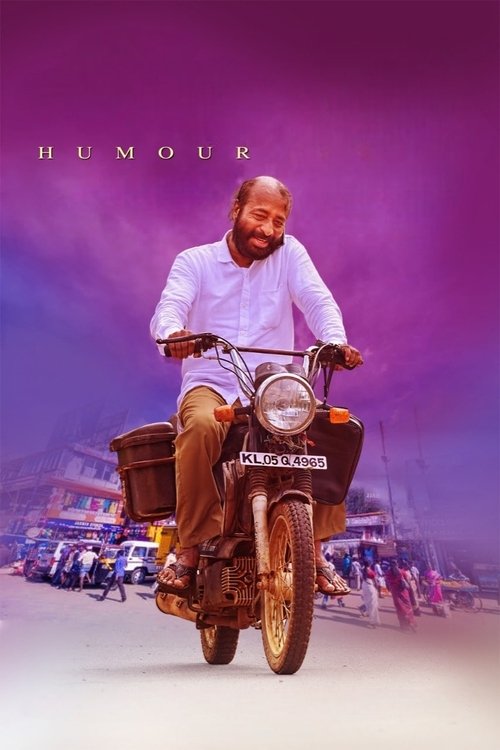
Hasyam (Humour) is the eighth film in writer-director Jayaraj’s Navarasa series that has so far yielded Shantham, Karunam, Bhibatsa, Adbutham, Veeram, Bhayanakam and Roudram, with one more to come. Rasa means juice, flavour or essence, and – to put it in the simplest terms possible –Navarasa in the Indian arts refers to the nine (nava) emotional states as captured by a work of art, and as manifested in the audience’s experience of and response to that work.